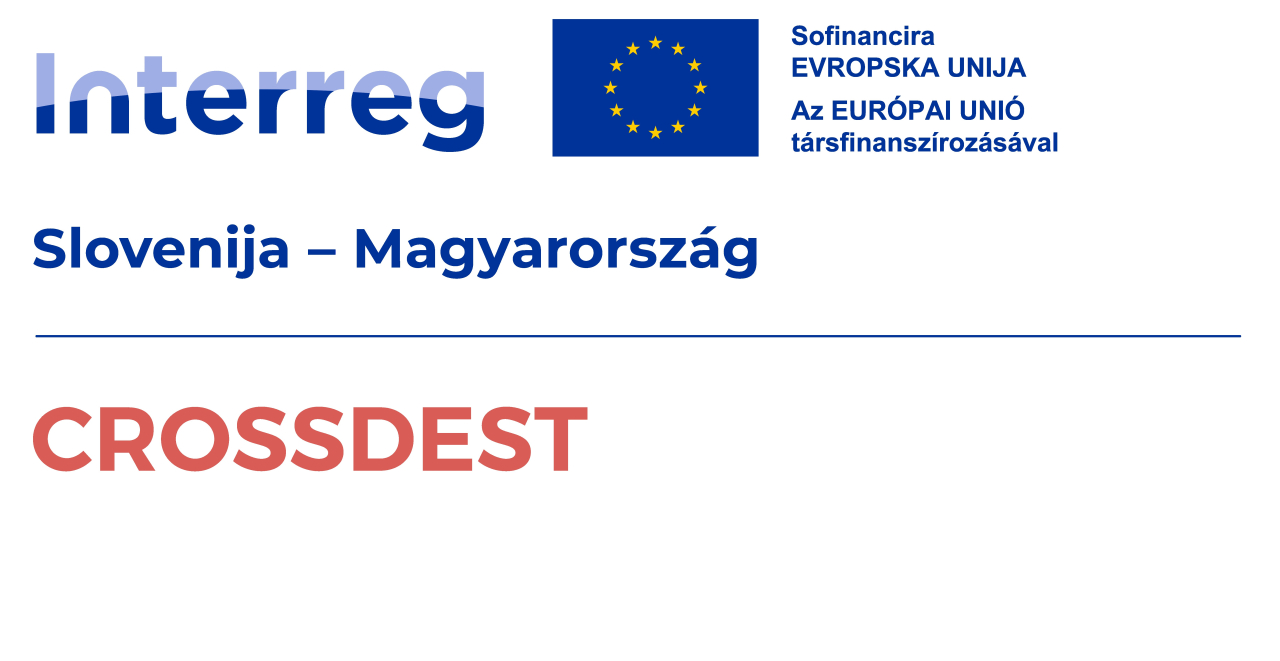




Madéfalva
Madéfalva (in Romanian, Siculeni) is located on the north-western edge of the Csíki Basin, at the foot of the Harghita Mountains, just a few kilometres from Csíkszereda. The name of the village is inextricably linked to one of the most tragic events in Székely history, the Madéfalva Massacre (Siculicidium) that occurred on 7 January 1764, which became a symbolic event of the Székely people's sense of identity and struggle for freedom. During the Madéfalva Massacre, the imperial army launched a sudden, early-morning attack on the Székelys who were protesting against the mandatory conscription into border guard regiments ordered by Maria Theresa. Hundreds of people – mainly men, but also women and children – lost their lives in the massacre, and many fled to Moldavia. This tragic event not only shattered a community but also shaped the long-term relationship between the Székelys of the Csíki region and the imperial authorities. In memory of this, the Siculicidium Monument was erected in 1905, which has since become a symbol of the village and remains a central site for commemorations. Madéfalva is special not only because of its historical significance but also due to its Székely folk culture, religious life, and traditional farming practices. The structure of the village reflects the classic layout of Csíki settlements: long rows of strip-plot houses, a central church, old timber-framed homesteads, intricately carved Székely gates, and the family farming activities behind them all contribute to the image of a living Székely village. The local Roman Catholic church serves as the spiritual and communal hub, and its surroundings host summer pilgrimages and commemorations. The natural richness of the surrounding landscape is also remarkable: the forests, springs, and stream valleys stretching at the foot of the Harghita Mountains not only offer stunning views but also provide opportunities for hiking. Several trails are easily accessible from the village, suitable for exploring on foot or by bicycle. To this day, Madéfalva plays an important role in preserving Székely identity and historical memory. Every January, thousands gather on the anniversary of the massacre to pay tribute to the victims and reaffirm the message of community solidarity. Visitors to the village will not only discover a beautifully situated settlement but also encounter a community that bears the pains and lessons of history with dignity – a reminder that freedom is not a gift but an eternal struggle. - editorial content -
Arrival
- Walk
- Horseback
- Bike
- Electric bicycle
- Bus (rented for the trip)
- Motorcycle
- Car
Sights, programs
Public transport
- bus
- railway
Parking information
- Free outdoor parking available
- Free bus parking available
Sustainability level
Topic 1: Destination Management 60%
- Visitor management: 100%
- Commitment and organization: 0%
- Design & development: 50%
- Monitoring and reporting: 50%
- Legal and ethical compliance: 100%
Topic 2: Nature and landscape 80%
- Nature and wildlife protection: 100%
- Nature and conservation: 60%
Topic 3: Environment and climate 29%
- Land use and pollution: 67%
- Water management: 40%
- Energy, sustainable mobility and climate change: 0%
- Adaptation to climate change: 0%
- Waste and recycling: 40%
Topic 4: Culture and traditions 100%
- Cultural heritage: 100%
- People and traditions: 100%
Topic 5: Social Welfare 48%
- Health and safety: 100%
- Local economy: 20%
- Socio-economic impacts: 0%
- Community participation: 50%
- Human dignity: 71%
Topic 6: Business and Communication 50%
- Business participation: 0%
- Information and marketing: 100%





